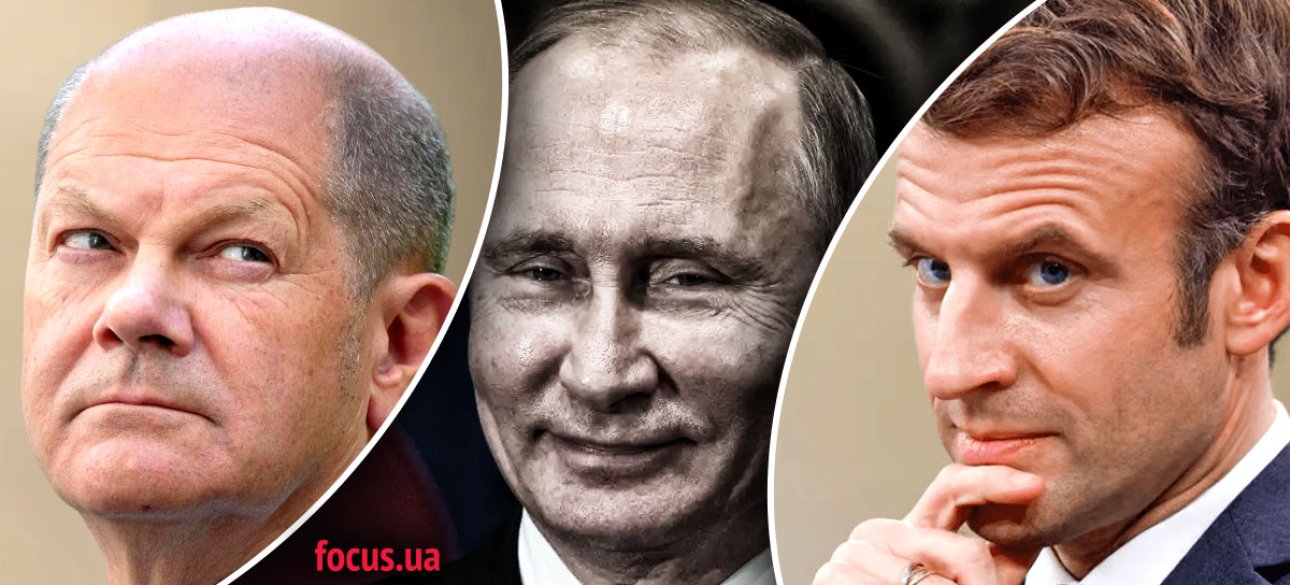
In the end, this striking demonstration of the effectiveness of international air defense was exactly what the Ukrainians themselves asked since in February 2022 a full -scale invasion of Russia into their country began. After the Israeli defense operation, Western officials quickly abandoned any direct comparisons with Ukraine.
"Different conflicts, different airspace, different pictures of threats," said US National Security Council, John Kirby, a representative of the US National Security Council. The UK Foreign Minister David Cameron was even more open, saying that the use of British aircraft to kill Russian drones in Ukraine would lead to a "dangerous escalation" of war. The Cameron argument against escalation was too familiar to the Ukrainian audience.
Over the past two years, the Western partners of Ukraine have sought a subtle balance between help in the country's self -defense and preventing everything that could lead to a wider European war. This fear, which prevailed, formed a response of the event to the Russian invasion before the escalation and was skillfully used by Putin to restrict Ukraine's military support.
On the eve of a full -scale invasion of Russia, the fear of escalation already kept Western leaders from supplying weapons to Ukraine. After the attack of Baiden administration, it took precious months to send HIMARS artillery and missile systems. It has passed almost a year before Western partners have finally agreed on plans for a relatively small number of modern tanks. This model of delays and half -measures does not show any signs of change.
The Russian invasion has been going on for the third year, but Ukraine is still expecting the first batch of F16 fighter fighters. At the same time, officials in Kiev desperately urge partners to provide them with long -range missiles and air defense missiles. The desire of the event at all costs to avoid escalation contradicts the basic military doctrine and has played an important role in preventing greater success in the battlefield in Ukraine.
When the Putin's invasion forces of 2022 were the weakest, Ukraine was refused to support it needed to break the vulnerable defense lines of Russia in the south. At a time when Kyiv's partners agreed to create the necessary offensive forces, it was too late; Moscow mobilized 300,000 soldiers and strengthened the front line.
Throughout the invasion, Russia has constantly fueled the West with fears of escalation of the conflict through warlike statements, signals on secret channels and reasonable operations of influence. The most effective tactics of intimidation of the Kremlin is nuclear blackmail. For example, at the end of 2022, American interceptors began to show vague but alarming examples of "chatter" on the preparation of Russia for the use of nuclear weapons.
Many believe that this was a deliberate technique designed to increase the confidence in public clattering by Putin's nuclear weapons. It looks like it worked. This information led to a passionate debate in the White House and the Pentagon Nuclear Military Games, and at the same time representatives of Biden administration restored diplomatic contacts with Moscow.
It is important to note that the fears of the possible nuclear response from Russia weakened the event's enthusiasm for the use of the benefits of Ukraine at a time when Putin's army retreated disorderly. The desire of the event to avoid escalation not only weakens Ukraine's offensive capabilities, but also undermines Kiev's ability to protect itself. Over the past two years, Ukraine has been prohibited from the use of Western weapons against goals within Russia.
In recent weeks, US officials have even objected to Ukraine's use of its own weapons to attack Russian oil refineries. These artificial restrictions have created an unprecedented situation that enhances the existing imbalance of power between Russia and Ukraine. Although Russia can bomb Ukrainian infrastructure at their request, Ukrainian commanders are very limited in their ability to strike at air tights, production facilities and logistics units within Russia, which are used to attack Ukraine.
The emphasis on the management of escalation delayed the war in Ukraine, allowing Russia to overcome the initial failures and regain its initiative. This prevented the Ukrainian Armed Forces to develop the impulse, recruited at the end of 2022, and transformed a dynamic war to the struggle to exhaustion, which is largely beneficial to Russia.
Allowing themselves to intimidate themselves with the threat of Russian escalation, Western leaders gave Putin effective right to veto various categories of military assistance to Ukraine. The lack of determination of the West inevitably added the courage to the Russian dictator. Politicians in Europe and the United States have to decide whether they want to continue this losing strategy or finally devote themselves to Ukraine's victory.
It's not too late to approve a smarter military strategy, but time is going. If Ukraine is not provided with tools for victory over Russia on the battlefield, Putin will win a historical victory that will change the climate of international security. If this happens, today's emphasis on escalation will be considered as the greatest geopolitical mistake since the time of peace policy of the 1930s. The author expresses a personal opinion that may not coincide with the editorial position.










All rights reserved IN-Ukraine.info - 2022